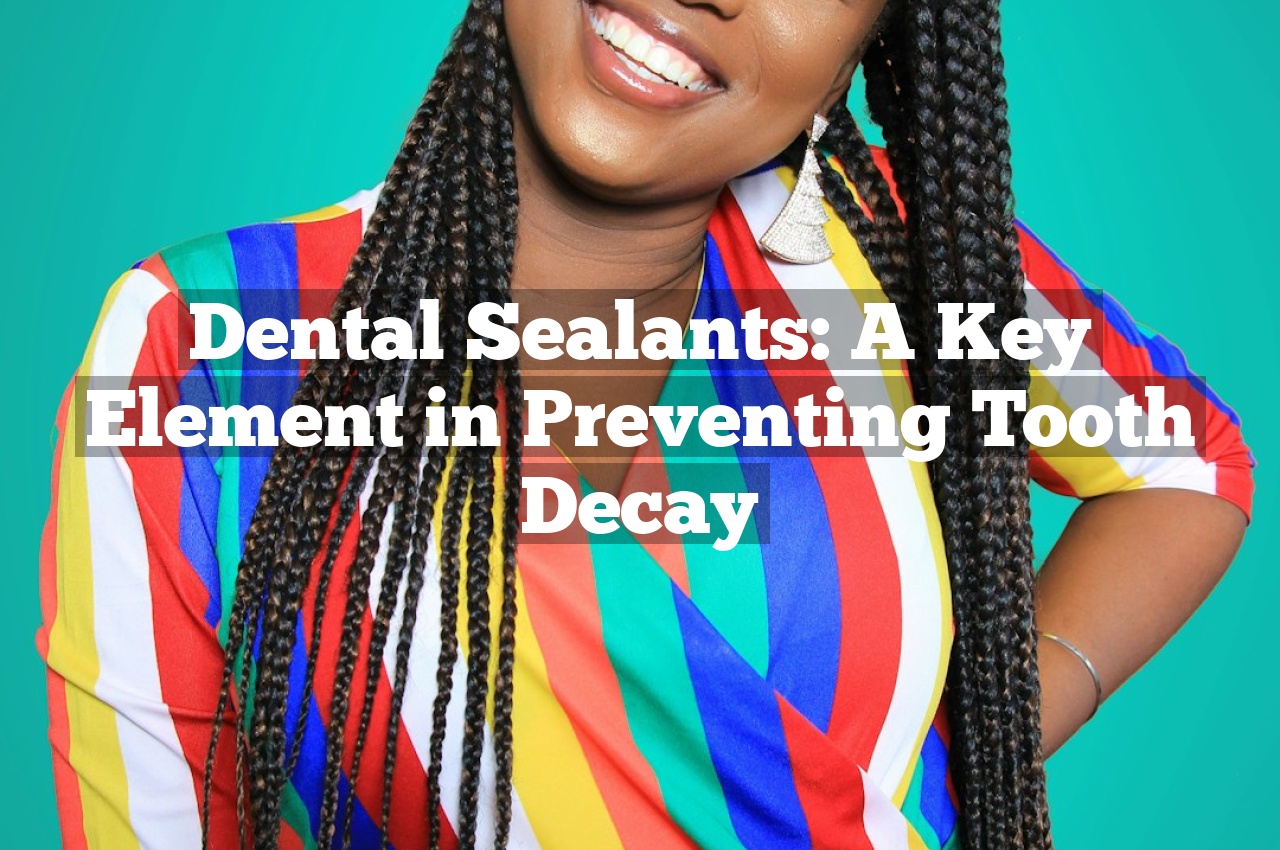Have you ever wondered how dental sealants contribute to preventing tooth decay? Dental sealants are a protective coating applied to the chewing surfaces of teeth, primarily the back teeth, to shield them from decay-causing bacteria and food particles. They are commonly used as a preventive measure in dental care to maintain overall oral health.
What Are Dental Sealants?
Dental sealants are a preventive treatment in dentistry designed to protect teeth from decay. Typically applied to the chewing surfaces of the back teeth (molars and premolars), sealants are thin, protective coatings made from plastic or other dental materials. These coatings effectively shield the grooves and depressions on the surfaces of teeth from food particles and plaque that are otherwise hard to remove with regular brushing.
The application of dental sealants is a straightforward procedure that involves cleaning the tooth surface, preparing it with a special solution, and then applying the sealant material. Once hardened, usually with a light, the sealant forms a protective barrier against decay-causing bacteria. For more detailed information on what comprises these protective barriers, you can read about the Materials Used in Dental Sealant Procedures.
Benefits of Dental Sealants
Dental sealants are a widely recognized preventive measure in oral health care, primarily used to protect teeth from decay. These thin, protective coatings are applied to the chewing surfaces of the back teeth, where most cavities tend to form. By filling in the grooves and depressions on these surfaces, sealants create a smoother area that is less likely to harbor food particles and plaque. This barrier not only helps in preventing tooth decay but also extends the life of the teeth by protecting their natural structure.
The application of dental sealants is a simple, painless procedure that can be particularly beneficial for children and teenagers, who are often at higher risk for cavities. However, adults can also benefit from sealants, especially if they have deep grooves in their teeth that make brushing and flossing challenging. The effectiveness of dental sealants in preventing tooth decay has been well-documented, making them a valuable component of dental care. For more detailed information on this treatment, consider visiting Commack Dental Sealant Treatments.
Application Process for Sealants
The application process for dental sealants is straightforward and typically completed by a dental professional during a regular dental visit. Initially, the teeth that are to receive sealants are thoroughly cleaned and dried. A solution is then applied to the surface of the teeth to roughen them slightly, which helps the sealant material adhere more effectively. After rinsing and drying the teeth again, the sealant is applied directly onto the tooth enamel, where it bonds directly and hardens. This process forms a protective shield over the enamel of each tooth treated.
Ideal Candidates for Sealants
Dental sealants are often considered for individuals who are at a higher risk of developing tooth decay. Typically, children and teenagers are prime candidates because they tend to be more prone to cavities, especially in the grooves and depressions of their back teeth. However, adults without fillings or decay can also benefit from sealants. The application of sealants is a straightforward procedure that involves coating the teeth to create a barrier against decay-causing bacteria. For more information on dental health, consider visiting your local Commack Dentist at Gentle Dental.
Longevity and Maintenance of Sealants
Dental sealants are designed to provide a protective barrier against decay on the chewing surfaces of teeth, typically lasting several years before a reapplication may be necessary. The actual longevity of sealants can vary based on factors such as the individual’s oral hygiene habits and the wear and tear the sealants undergo during daily chewing and biting. Regular dental check-ups are important as they allow dental professionals to monitor the condition of the sealants and assess whether they are effectively maintaining their protective role over the teeth.
Conclusion
To discuss how dental sealants can be part of your health routine, call us at (631) 261-3033 or read our reviews on Google Maps.

